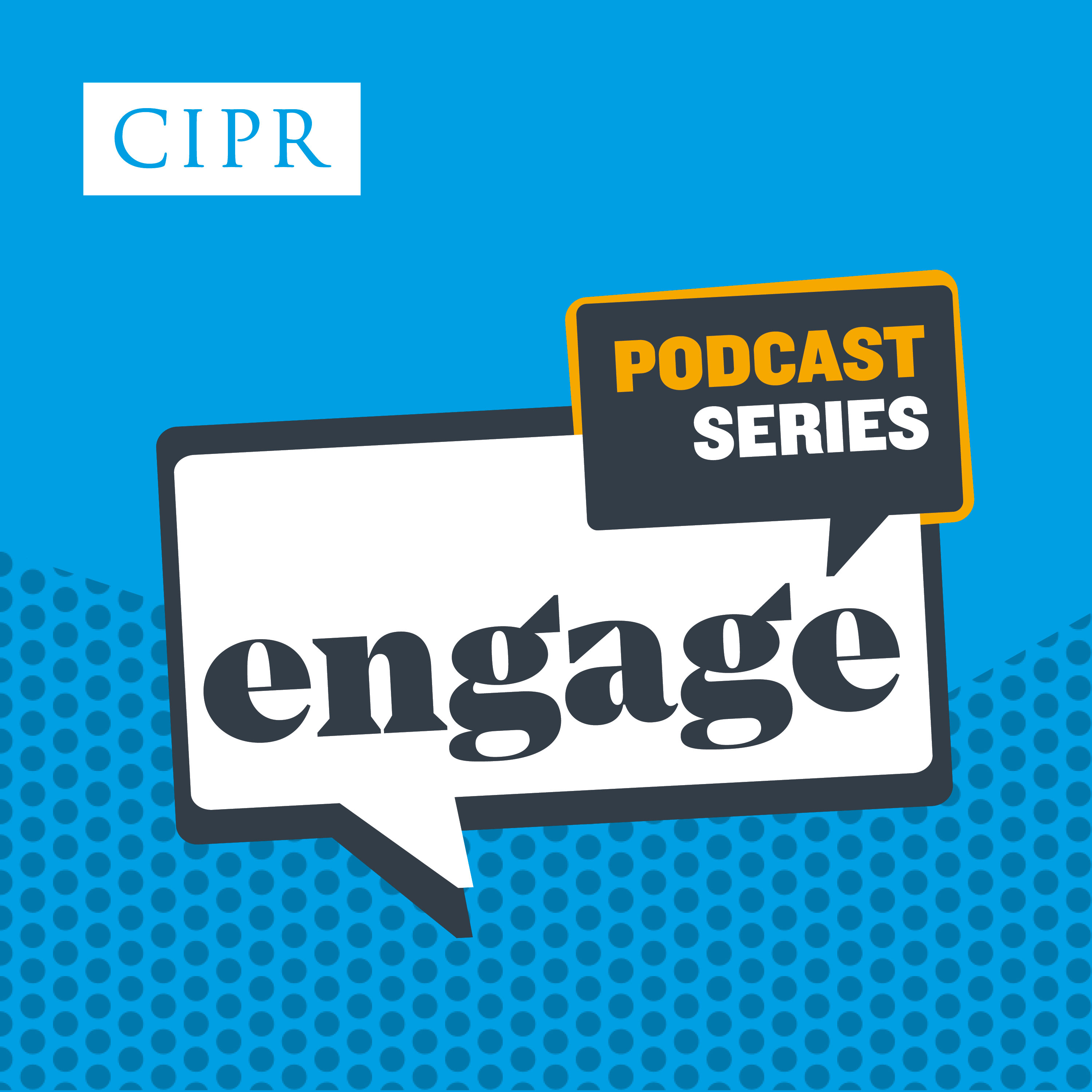
Bite Size Comms
Bite Size Comms is a weekly podcast that will give you a perspective on an aspect of public relations and communications practice. Bite size as they are short opinion pieces on topical issues. The episodes are sometimes contentious, sometimes funny, and they all aim to provoke thought.
Thanks for listening.
Bite Size Comms
Has ESG had its day?
ESG, the shorthand for Environmental, Social and Governance, is 20 years old this year. Names will come and go. ESG, as an acronym and concept, may have lost some of its original sparkle. However, the underlying ideas behind ESG remain strong.
Has ESG had its day?
ESG, the shorthand for Environmental, Social and Governance, is 20 years old this year. It evolved from good but unmeasurable initiatives often described as Corporate Social Responsibility (CSR). In 2004, the UN Global Compact published ‘Who Cares Wins’, which discussed the concept of environmental, social and governance factors as nonfinancial issues that could also be viewed as financial risks to companies. Responsible investing became a thing, and a measurable framework for ESG was created. Big investors have used ESG analysis to make their investment decisions. The European Commission took the lead, resulting in the EU’s Corporate Sustainability Reporting Directive becoming law in 2023. The USA followed in 2024.
People expect companies to play a role in society. This has been born out in global research like the Edelman Trust Barometer. More instances of extreme temperatures and severe weather events and a belief in community rather than ‘me, me, me’ have increased public interest. Companies, therefore, require a social licence to operate. It is not something you obtain from the government but an acceptance and approval of a company’s business practices by local communities and other stakeholders. People are more astute. They notice and call out instances of greenwashing - misrepresenting environmental claims, or labour exploitation by companies or their supply chain.
The impact of Russia’s invasion of Ukraine in 2022 saw high energy prices and European governments reneging on their environmental goals by turning to fossil fuels to replace Russian gas. This led to scepticism about the benefits of ESG. Milton Friedman’s view from the 1970s that the only role of companies was to make as much money as possible while conforming to the basic rules of society has come back into fashion. The fast-moving global consumer goods producer Unilever, once the darling of ESG, has eschewed the concept after stakeholder criticism. This change of attitude has been fuelled by a rise in political popularism, which has seen ESG become a political football, dubbed as ‘woke capitalism’ or a fad. The American state of Florida has even banned the term ‘climate change’ from its state laws. Some people argue that only environmental sustainability - the E in ESG - is important, and the concept of sustainability has been growing.
Has ESG had its day? The criticism of ESG fails to consider the idea of social licence—the stakeholder view that a business should act fairly, appropriately, and deserving of trust. Businesses exist to create value in the long term. To do so, businesses need to ‘horizon scan’ and listen to a wide range of stakeholders, not just shareholders. That is where Public Relations can play a role. It is uniquely placed to see and understand what is happening outside of a company.
Names will come and go. ESG, as an acronym and concept, may have lost some of its original sparkle. However, the underlying ideas behind ESG remain strong. Companies still need to earn their social licence from the wider population. They also need to consider strategically the challenge of external events to future-proof their organisations and remain relevant to their stakeholders.
[Image: Photo by Priscilla Du Preez on Unsplash]





